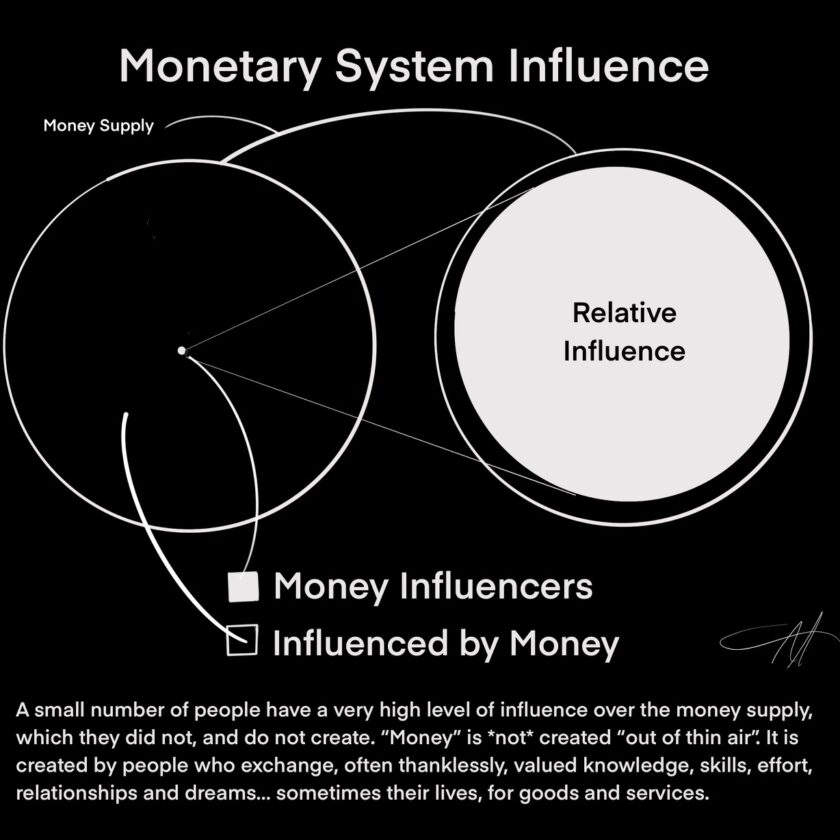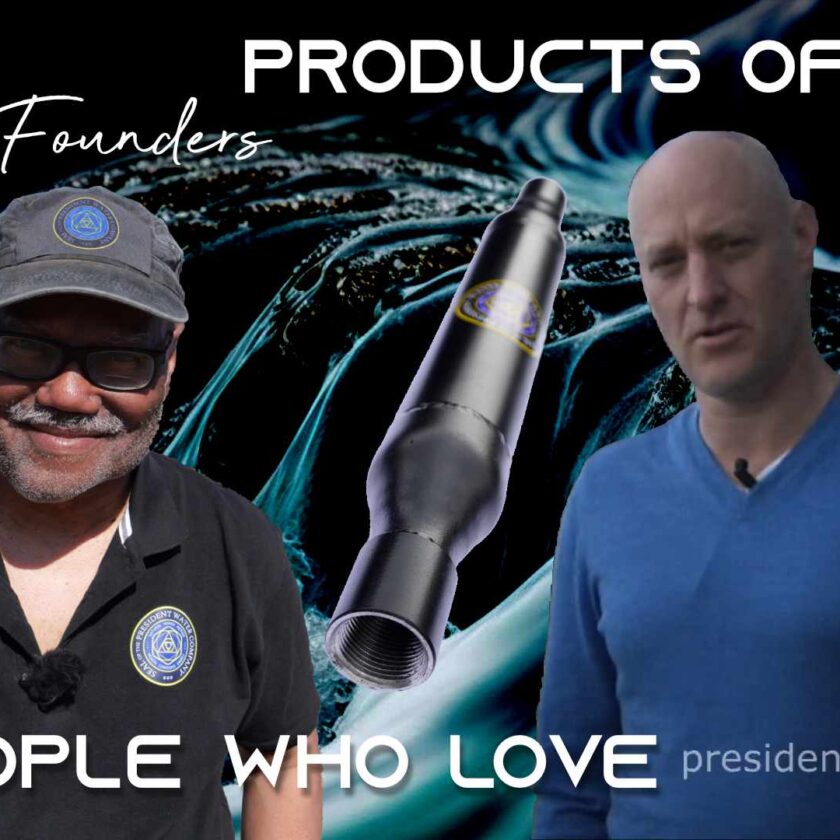Last night I watched Terminator 3: Rise of the Machines, which starred Arnold Schwarzeneggar, on the American Movie Classics (AMC) channel. Released in 2003, I wasn’t sure whether I had seen it before. The beginning looked familiar, but again, I wasn’t sure if I saw it all the way through to the end… until the climax, and I realized I had seen it before. However, I also realized that on previous viewings I hadn’t felt the way I did this time. The entertainment value that this movie may have represented was greatly diminished as I began to comprehend the perceptual and psychological scarring that stories like this can have on the human psyche. They leave no visible marks, and yet — to the degree that we believe the dramatic archetypes they present are plausible — can have profound effects on how, or even whether we choose to really live.
Even though it is fiction, the Terminator storyline pushes on a variety of human emotional buttons. Specifically, the story plays on our fear of death. It exposes our apparent vulnerability to eventual (and maybe inevitable) annihilation by someone or something. It doesn’t matter whether the nemesis is hostile or natural; it will bring on that dreaded time of death well before we are ready. To throw more fuel on our anxiety, we imagine there will be nothing we can do about it.
Even if the Terminator scenario was absolutely implausible, we are reminded that something else like it may not be. “Doomsday and gloomsay” are big business. Psychologically, we’re pummeled with it daily, to the extent that it’s the only rational thing to believe. Therefore, those who are inclined to be fearful can be understood if they go right ahead and do so. It is the constant “massaging” and justification of fears to susceptible minds that keep emotional scars from healing.
This is the scarring that I’m talking about. It is a sense of ultimate vulnerability, the futility of mortality, and the likelihood of an ignominious end due to forces beyond our control.
Or so we think.
To the writer’s credit, there are hints that there may be some value to human life, and that we may eventually be able to resist (or transcend) the urge to destroy ourselves, but such “props” are faint, because it is made clear that the powers that would destroy us are great, and we are… well, we’re human.
After all, if we understood the real power that lives within us, what would there be for super heroes to do? It’s time we found out.
It’s time that we knew better; that being human does not mean mortal futility. It’s time we knew that we need not fear for our death, for it is a passage, not an end… a blessing, not a curse. As we muster the courage and will to transcend our fear of death, perhaps we’ll live the life that most excites our imagination. In choosing to live in that love inspired place now, we’ll create a future that we need not fear.




